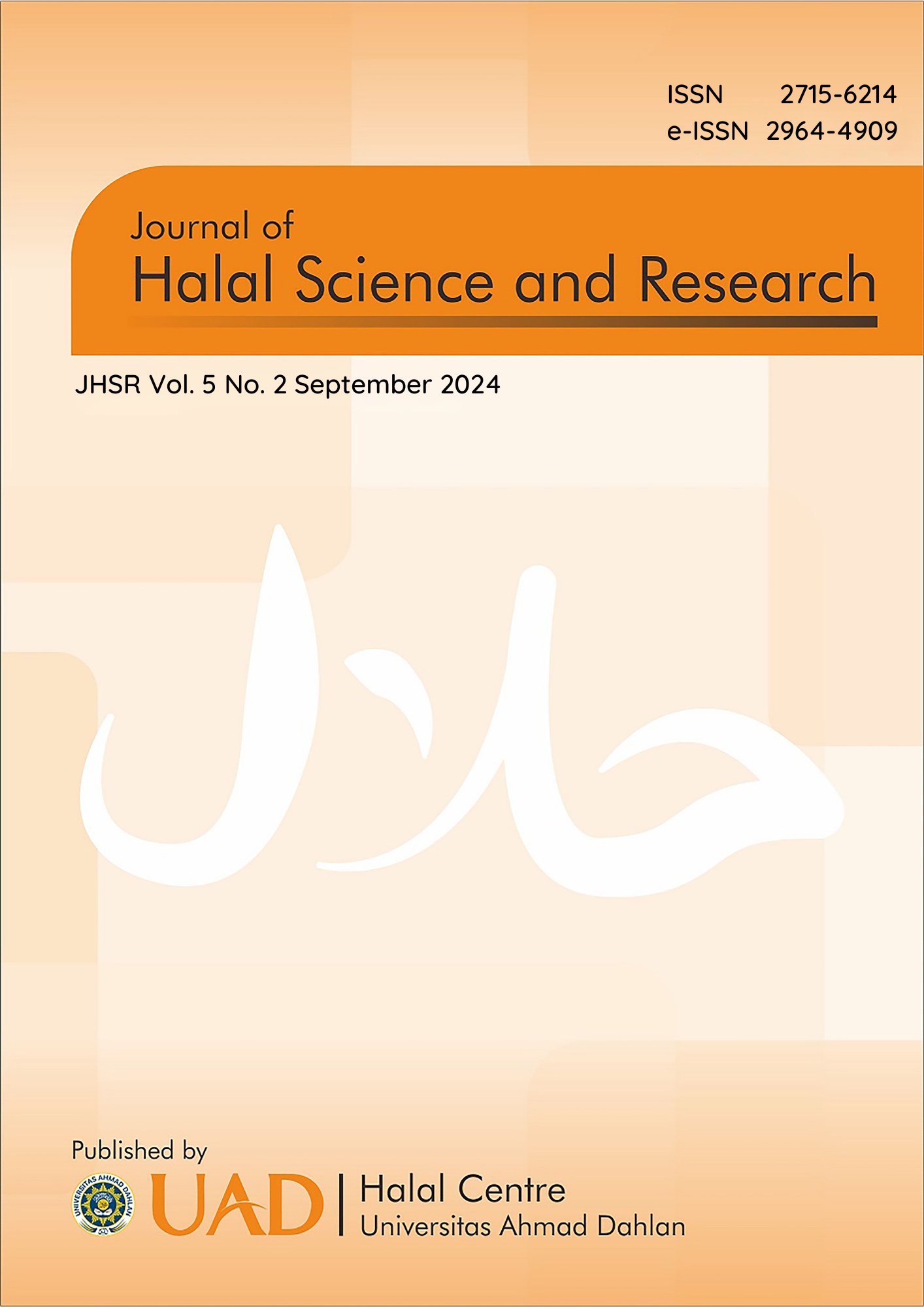Challenging and encouraging halal certification in handicraft MSMEs
DOI:
https://doi.org/10.12928/jhsr.v5i2.10626Abstract
Halal certification, a crucial aspect of the halal product industry in Indonesia, is mandatory for food and beverage products. However, awareness and understanding of halal certification remain low among Handicraft MSMEs (Micro, Small, and Medium Enterprises). This research explores the perceptions, understanding, awareness, and challenges Handicraft MSMEs face regarding halal certification. A qualitative approach with semi-structured interviews was employed as the data collection method, followed by NVivo software analysis. The results indicate that Handicraft MSMEs lack an understanding of the importance of halal certification and are unaware of the obligations and procedures involved. We identified insufficient socialization as a significant obstacle, underscoring the urgent need for more awareness campaigns and educational programs. The complexity of the certification process and lack of coordination among halal institutions are also significant obstacles. This research provides profound insights into the challenges and opportunities in implementing halal certification for Handicraft MSMEs, emphasizing the crucial role of the government in promoting and facilitating halal certification implementation for Handicraft MSMEs to support growth and competitiveness in the market.
Keywords: Halal certification, Handicraft MSMEs, NVivo
Downloads
Published
Issue
Section
License
Copyright (c) 2024 Universitas Ahmad Dahlan

This work is licensed under a Creative Commons Attribution-NonCommercial-ShareAlike 4.0 International License.
Authors who publish with JHSR (Journal of Halal Science and Research) agree to the following terms:
1. Authors retain the copyright and grant Universitas Ahmad Dahlan right of first publication with the work simultaneously licensed under a Creative Commons Attribution-NonCommercial-ShareAlike 4.0 License (CC BY-NC-SA 4.0) that allows others to share (copy and redistribute the material in any medium or format) and adapt (remix, transform, and build upon the material) the work for any purpose, even commercially with an acknowledgement of the work's authorship and initial publication in Universitas Ahmad Dahlan.
2. Authors are able to enter into separate, additional contractual arrangements for the non-exclusive distribution of the journal's published version of the work (e.g., post it to an institutional repository or publish it in a book), with an acknowledgement of its initial publication in Universitas Ahmad Dahlan.
3. Authors are permitted and encouraged to post their work online (e.g., in institutional repositories or on their website) prior to and during the submission process, as it can lead to productive exchanges, as well as earlier and greater citation of published work (See The Effect of Open Access).

This work is licensed under a Creative Commons Attribution-NonCommercial-ShareAlike 4.0 International License.




